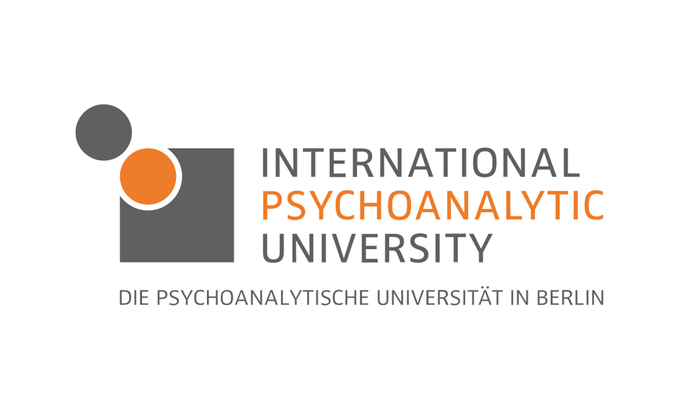ДепартаментКогнитивна наука и психология
Актуално
| 12.02.2019 09:18 | сподели x |
“Social Trauma in Changing Societies (STICS) – Exploring sociotraumatic roots of dealing with change from a psychological and social sciences perspective”
Elective Course CST + Summer School “Social Trauma”, BERLIN, 20. – 28.09. 2019
BACKGROUND INFORMATION
The STICS Project connects students and professors from ten universities in Bosnia-Herzegovina, Bulgaria, Germany, Greece, Serbia and Turkey. It builds upon results and resources from an intensive six-year cooperation in the DAAD research networks “Trauma, Trust, and Memory” and “Migration – Trauma in Transition”. It strengthens transregional academic cooperation on the frame topic of social trauma, which is highly relevant in all participating countries, with huge influence on the evolution of civil society.
The main goal of the project is to address the sociotraumatic aspects of multiple societal issues and psychosocial conditions in the participating countries. First, in the societal-political field, progress is afflicted by unmourned histories, through apathy, hate speech, exclusion of minorities, the emergence of nationialist and antidemocratic movements or the maintaining of corruptive subsystems. Likewise, societies might fail to handle new challenges like migration, which are closely connected to social trauma and cannot be handled without being aware of the sociotraumatic history of the countries. Second, mental health issues like drug abuse, violence, depression and posttraumatic disorders can be connected to sociotraumatic roots in post-war and postdictatorial societies. This can be demonstrated even in societies, where the dictatorial past is long ago as in Germany.
More information about the project from 2013 to 2018 can be found here.
In 2019, the network is organizing the 8th Summer School on social trauma with the main aims to:
• Teach students specific knowledge on social trauma and its social and mental health consequences
• Help students gain experience in writing scientific papers on the topic, co-reviewed by researchers and experts.
• Help students develop the research skills in the area of social trauma in direct contact with researchers and practitioners.
• Provide experience in cross-cultural research
ABOUT THE SUMMER SCHOOL/ELECTIVE COURSE SOCIAL TRAUMA
The summer school lasts for 9 days: On 8 days, the students take classes. September 24th will be a recreational day with an optional cultural programme. Classes cover an interdisciplinary approach on Social Trauma, from Memory Studies, Developmental, Clinical and Social Psychology, Research Methodology and ethics to Cultural Theory. Students, who have ongoing research projects, will have the opportunity to be supervised.
All participants will receive 5 ECTS credit points and a participation certificate.
For more information on the contents of the Course Social Trauma, please visit: https://www.ipu-berlin.de/en/study-courses/international/students/network-elective-course-social-trauma.html
Students from the network universities, who successfully completed the summer school/Course Social Trauma, can ask for an accreditation as elective course. Please contact your coordinator.
WHO IS ELIGIBLE TO APPLY
Master students or students with a Bachelor degree of Psychology, Humanities or Social Sciences
- Please apply at your home university before March 10th, 2019.
WHAT IS REQUIRED FOR THE APPLICATION?
- Short CV (one page)
- Letter of motivation (one page)
- If you wish a project supervision, please send the title of your research project
CRITERIA FOR SELECTION
- Prior academic success
- Convincing Motivation
- Engagement in related projects and/or related career perspectives
- Order of appearance
FUNDING OPTIONS/COSTS
For students from network universities, the participation in the summer school is free. If you are
- selected for a funding, you will receive a lump sum for travel expenses and for accommodation.
- not selected for a funding, you may participatefor free and fund the journey by your own finances.
For questions regarding the summer school and applications, please contact the coordinator at your home university:
Assoc. prof. Nikola Atanassov, Department of Cognitive Science and Psychology

